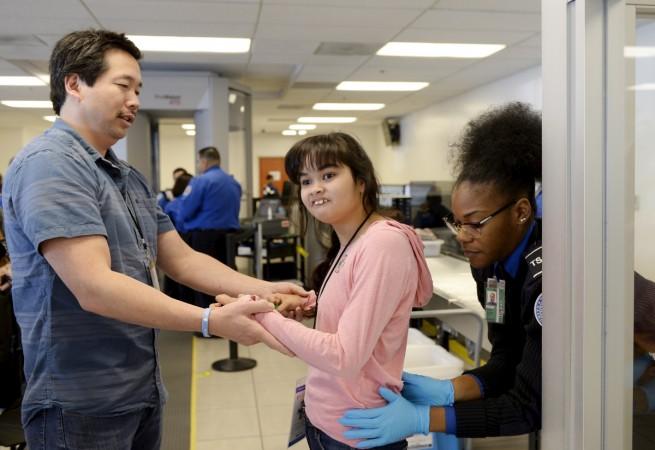
A study conducted in the US has found that getting the flu or flu shot while pregnant doesn't increase a child's risk of being diagnosed with autism.
The large-scale study debunks earlier smaller studies that had linked serious viral infections and maternal fever in pregnancy to increased risk of autism in the child.
The study published in JAMA Pediatrics studied health records of 196,929 children who were born at Kaiser Permanente facilities in Northern California between 2000 and 2010. They found that 3,101 children, or 1.6 percent, had been diagnosed with autism through June 2015.
The researchers also examined the mothers' health records to see if they were diagnosed with flu or received the flu shot. They found that less than one percent had the flu and 23 percent got the flu shot during pregnancy.
According to this study, and what will be a reassuring find to mothers, there was no correlation between flu while pregnant and increased risk of being diagnosed with autism among children.
"We feel it should be reassuring for prospective mothers," says Lisa Croen, a senior research scientist for Kaiser Permanente and senior author of the study. "The way we feel people should interpret this is that there is really not any increased risk for autism, and we're recommending no changes in the vaccine policy."
Since getting the flu while pregnant increases risk of premature birth and low birth weight, it is recommended by the Centers for Disease Control and Prevention and obstetric and pediatric medical societies that mothers get flu shots.
"We know that pregnant women are particularly vulnerable," Croen says, "There are lots of changes in their immune system and lungs and heart. It's especially important to protect pregnant women against the flu."
The author also said that this study should not be the only study done on this topic.

















